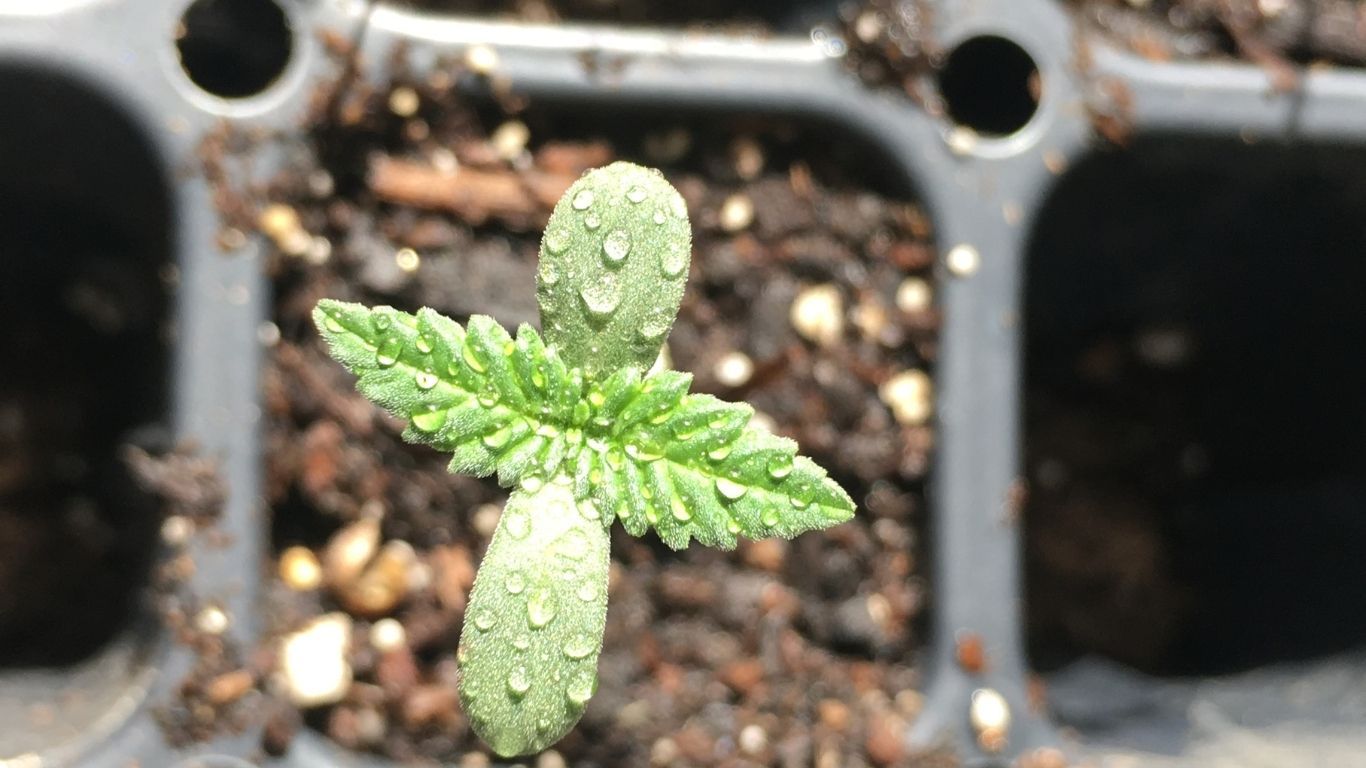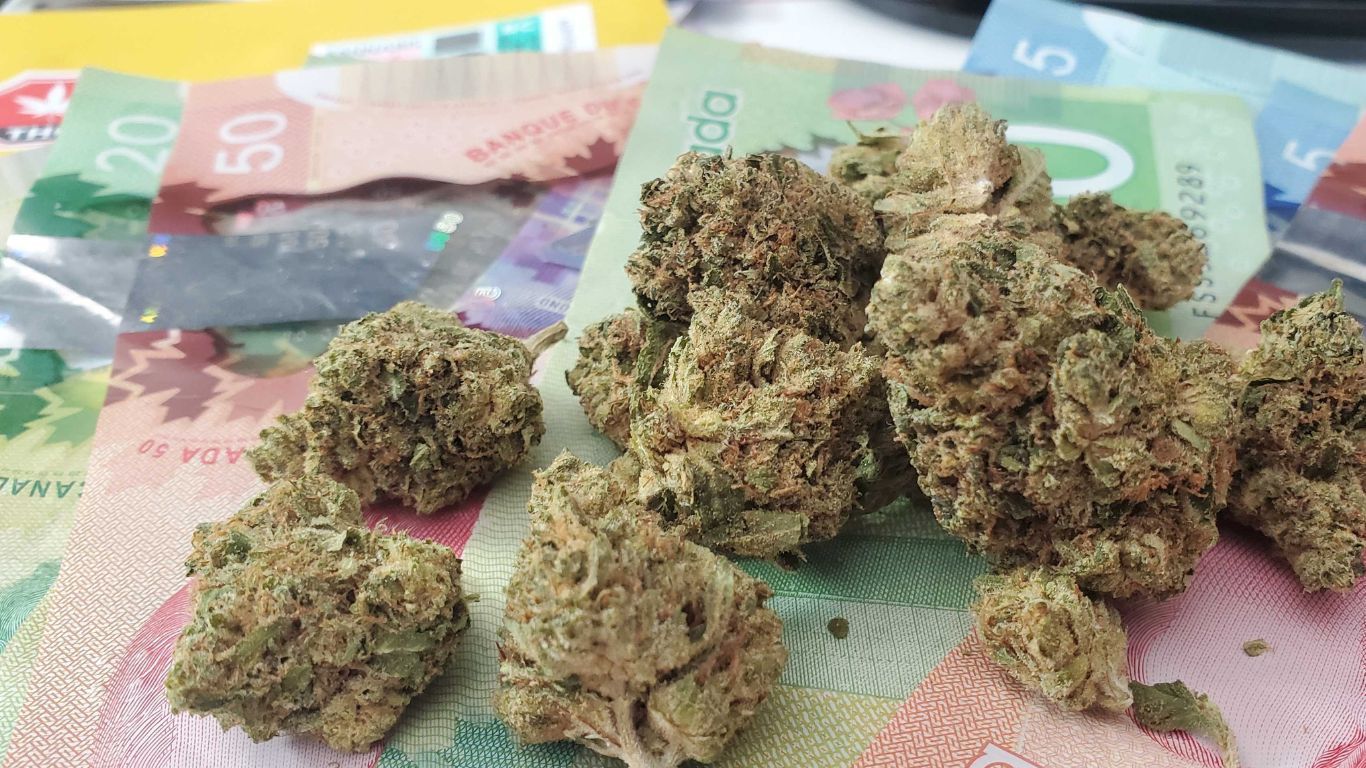
Seeking to address concerns around meeting the 20%+ THC threshold established by many provinces, some cannabis growers may be tempted to engage in “lab shopping”, say some industry experts.
Lab-shopping is the practice of seeking out favourable testing results from an array of analytical testing labs, rather than working with a lab exclusively, and can damage a company’s reputation and brand. Janeen Davis, Director of Business Development and Client Services with BC Craft Supply Co., who works with several different licensed producers to help get products to market, says it’s something she is seeing more examples of as producers try to reach market.
This is a dangerous game to play with little or no liability for the lab, but massive risk of recall for the cultivator.
Janeen Davis, BC Craft Suply Co.
“I have witnessed many cultivators sending their samples to multiple analytical testing labs to gauge what their THC results are,” says Davis. “These cultivators tend to decide to use the lab that gives them the “best” or highest THC results. They also are using multiple labs to gauge turn around time so that they can avoid old or aging product going to market. Some labs take 2 or more weeks to process a full suite of compliance testing versus others taking only 4 business days.”
“I think other operators are looking for “friendly labs”, continues Davis. “Cultivators have reported that certain labs have offered them inflated THC results or even to pass non compliant lots on a second round of tests. This is a dangerous game to play with little or no liability for the lab, but massive risk of recall for the cultivator.”
Devin Sears, Director Research and Development at Labs-Mart Inc, an analytical testing lab, says the risk for the cultivator in taking this approach can be severe.
“Lab shopping is technically against the law – as per the GPP, a cultivator should have a quality system in place,” explains Sears. “ A component of that quality system is the qualification of vendors, which includes your laboratories. A good vendor qualification program should also address how many “complaints” you make to your lab regarding their results. Once a threshold number of complaints have been made the labs qualification status should be reviewed. This could also mean that an audit of the laboratory is required.”
Despite this, Sears says it’s a practice he suspects many may be engaging in in order to ensure their product gets the full potential value when being sold to a provincial distributor. The difference between the wholesale price for a product just under 20% and just over it, can be significant.
We need to dry the material to do the analysis, but we need to account for that water weight, so if a lab is drying the material prior to homogenization, they should be back correcting their results to account for the water that’s taken out during the drying and testing.
Devin Sears, Labs-MART Inc.
One of the easiest approaches, explains Sears, is to over-dry the product prior to testing.
“The most obvious thing is to dry the sample,” says Sears. “As you dry it, you’re taking water out of the sample, and then when you analyze it, because that water mass is no longer there, the percentage of THC will go up. So that’s the easiest and quickest way to do it.”
Although all labs have to dry the product before testing, he says, reputable labs factor in the water loss when calculating cannabinoid levels, but some may find ways around this.
“We need to dry the material to do the analysis, but we need to account for that water weight, so if a lab is drying the material prior to homogenization, they should be back correcting their results to account for the water that’s taken out during the drying and testing. And that’s what we do here at Labs-Mart.”
It comes down to how one runs their business, and whether both the lab and the cannabis producer are looking at building a good reputation in this new industry, or just looking to make a quick buck.
“The real issue right now is that Health Canada requires testing and they have limits on certain analytics, but there’s no standardization for the management of methods. The Cannabis Act simply states the lab must use a validated method. But there’s no means of really following up on that, which is what’s ultimately creating the opportunity for this type of lab shopping” “At Labs-Mart, we are a GMP facility and have a Health Canada establishment license, but we are also seeking to get ISO accreditation within the next year or two for our cannabis methods, says Sears.
“We feel that having both provides the greatest degree of certainty to our clients that our methods are appropriate for use. It demonstrates that we have undertaken the necessary steps to ensure our methods are validated and will work on our client’s products, and that ultimately the data we provide them is reliable and accurate.
Davis says she knows the issue is not all producers or all labs, and sees the issue being frustrating for those analytical testing labs who play by the rules.
I think we need the analytical lab space to have the same scrutiny from Health Canada that cultivators receive.
Devin Sears, Labs-Mart Inc.
“Labs that I have spoken to that are accurately reporting results, have become frustrated by the lab shopping occurring in the industry,” says Davis. “Their clients are comparing their results to labs that give inflated THC results and the clients are going with the latter, because it results in higher revenue. The consumers are the ones who suffer in this situation.”
Health Canada requires producers to provide testing results for every product they sell, as well as keep representative samples of each product batch for secondary testing. There are a few examples of recalls of products based on inaccurate THC or CBD levels, for example.
In addition, earlier this year, several cannabis producers found themselves facing a multi-million dollar class-action lawsuit over claims that the cannabinoid levels of their products were “drastically different” than advertised. The cost of a recall for a producer can be significant.
The whole point of legal cannabis is to have products that pass rigorous testing, with the results accurately reported.
Janeen Davis, Director of Business Development and Client Services with BC Craft Supply Co.
Davis says she sees some of the responsibility lying with the regulator, who currently isn’t prioritizing oversight or testing of analytical labs offering testing services for cannabis.
“These labs are the guardians of consumer safety,” says Davis. “I think we need the analytical lab space to have the same scrutiny from Health Canada that cultivators receive. Labs should have the same level of audits and accountability that producers suffer. There should be regular ring testing of products to ensure that it is both safe for the consumers and accurately labeled. The whole point of legal cannabis is to have products that pass rigorous testing, with the results accurately reported.
‘Without this consumers might as well be purchasing from the illicit market, it becomes a public safety issue. Independent, random testing of products by Health Canada would discourage producers from trying to game their COA by lab shopping or attempting to get an otherwise non-compliant lot to market.”











